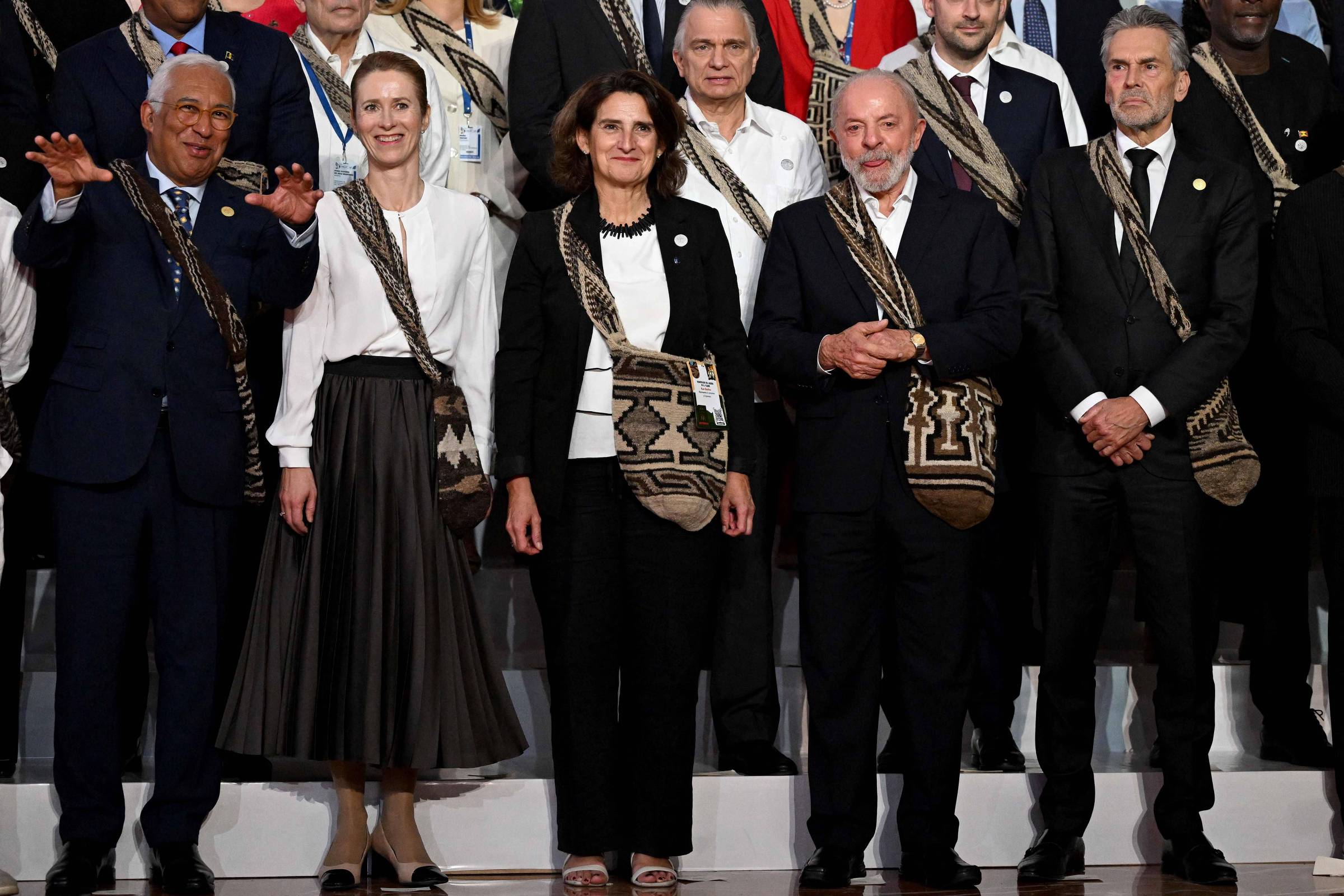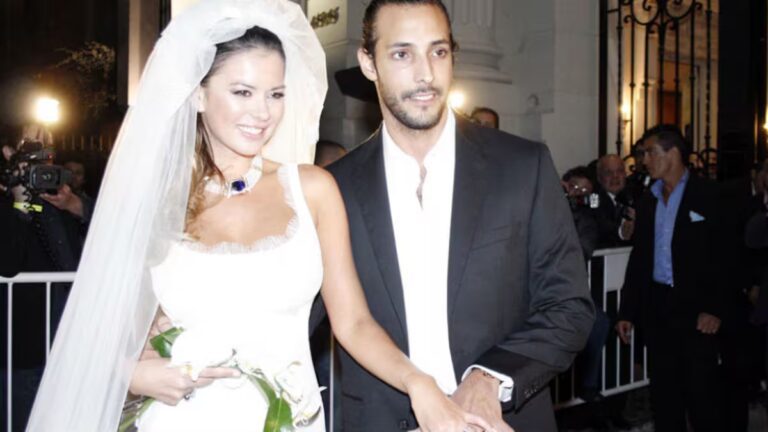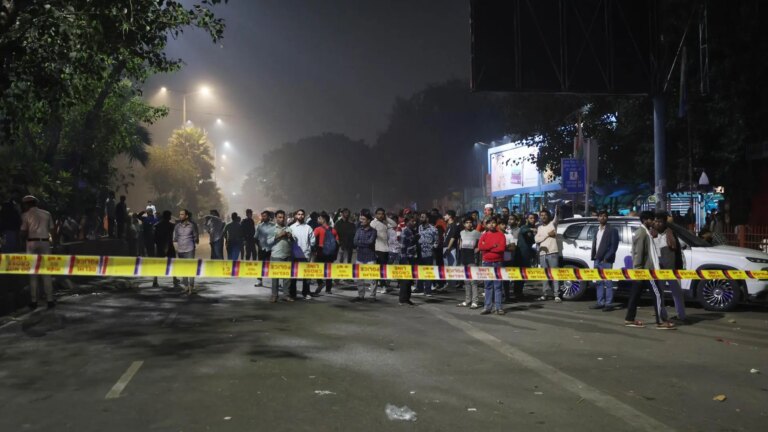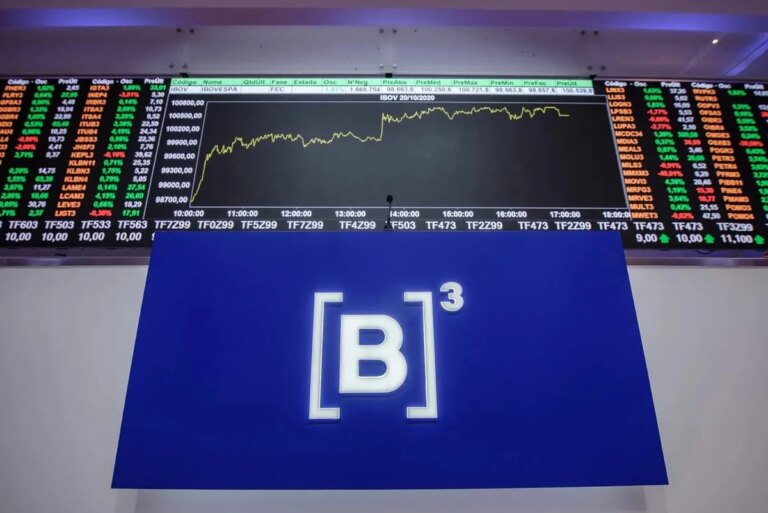
An indirect criticism of the United States’ military actions and trade and migration policies in the Caribbean was the final declaration of the fourth EU-Celak summit, which brought together 58 countries from the European Union and the Community of Latin American and Caribbean States. The document also sent a message to Venezuela and Nicaragua advocating “free and transparent elections,” although representatives from both countries did not sign the joint document.
The statement makes no mention of Americans, calling for “maritime security and regional stability in the Caribbean,” where President Donald Trump’s administration has bombed ships suspected of links to drug trafficking. The latest one was announced by the Department of Defense on Monday (10th) this week, leaving six people dead. Including these casualties, 75 people have already been killed in U.S. attacks on boats.
“We reaffirm our commitment to the principles and objectives of the Charter of the United Nations, in particular respect for the sovereign equality, territorial integrity and political independence of States, non-intervention in matters inherently within the domestic jurisdiction of States, and the peaceful settlement of disputes. We reiterate our opposition to the threat or use of force,” it reads.
The document also emphasizes the need for democracy and multilateral dialogue in 52 points, references the war in Ukraine and the conflict in Gaza, and proposes reform of the UN Security Council “to make it more representative” (a point of particular interest to Brazil, which hopes to become a permanent member). Uruguay, which will hold the next rotating summit presidency, will need to propose a “roadmap” that includes practical measures for cooperation in areas such as combating climate change, energy transition, and combating organized crime.
The US offensive in the Caribbean was the main theme of several statements by leaders before and during the summit, with President Luiz Inácio Lula da Silva (PT) saying in his address to the meeting that “the threat of use of force is once again part of everyday life in Latin America and the Caribbean. Old rhetoric is being recycled to justify illegal interventions. Democracies do not fight crimes that violate international law.”
However, the paragraph on this topic was the one that caused the most concern among delegates, with seven countries withdrawing from it, including Argentina, Costa Rica and Ecuador.
The government of ultra-liberal President Javier Millay also did not support the text supporting an end to the embargo against Cuba. A commitment to a two-state solution to the conflict between Gaza and Israel. A call for ethical governance of artificial intelligence and the fight against misinformation on social media. And references to gender and sustainability policy are important themes for the White House, which is negotiating economic relief for the Argentine people.
The blocs’ final declarations also mention the United States without citation in the chapter on trade, address “trade tensions” that need to be eased to “facilitate international trade and improve market access,” and defend a “rules-based” multilateral negotiating system that is “open, transparent, inclusive, non-discriminatory and predictable, with the World Trade Organization (WTO) at its core.”
The document also calls for “regular, safe and orderly migration” in accordance with international law, and explicitly refers to the “return process,” referring to the immigration deportation policies implemented by President Trump.
In the context of countries embroiled in internal political conflicts, such as Venezuela and Nicaragua, the declaration expresses “unwavering commitment to democracy, including free, inclusive, transparent and credible elections,” without naming them.
The final declaration was seen as surprisingly wide-ranging, reflecting domestic conflicts and the political and economic implications of President Donald Trump’s actions, following a summit that was conspicuously absent.
The only participants from Latin America were Colombian organizer Gustavo Petro and Lula himself. Mexico, Chile, and Uruguay sent their foreign ministers. Argentina, Paraguay and Peru were represented by junior officials.
In addition to European Union President Ursula von der Leyen, other leaders from major European Union countries were absent, including French President Emmanuel Macron, German Chancellor Friedrich Merz, and Italian Prime Minister Giorgia Meloni. Spanish Prime Minister Pedro Sánchez, Portuguese Prime Minister Luiz Montenegro, Dutch Prime Minister Dick Schuch and European Council President Antonio Costa were also in attendance.
“Latin America and the Caribbean are facing a serious crisis in their integration project. We are once again a divided and fragmented region, more outward-looking than inward-looking. We are once again under threat from political extremism, media manipulation and organized crime. As a result, conference after conference is full of ideas and initiatives that often go unfulfilled. In the absence of key regional leaders, our summits have become empty rituals,” Lula said in his speech. The beginning of the dome.
In contrast, Mr Costa, who represented the EU at the event, concluded: “We have countries here with very different ideological orientations, but we have managed to reach common positions on the most important issues of the moment.”



